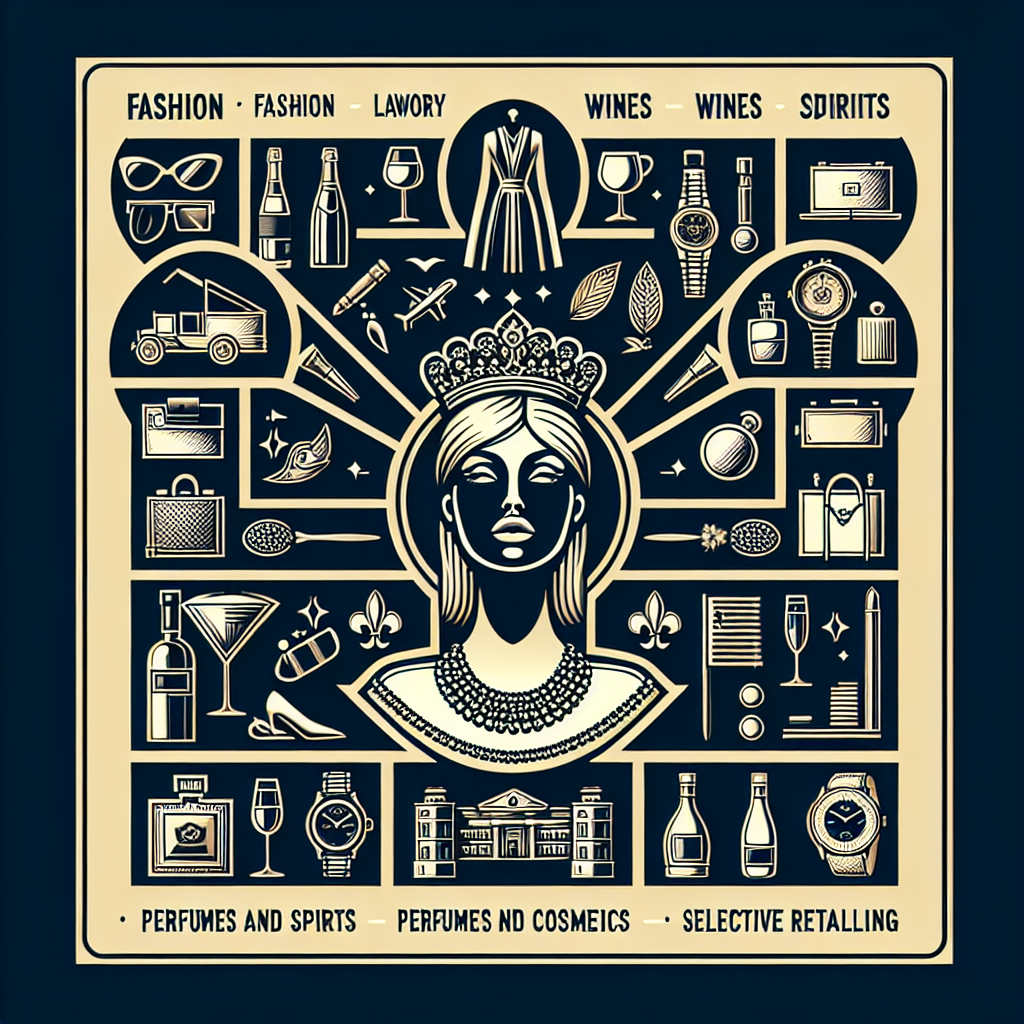LVMH Faces Challenges with Third-Party Distribution: The Russia Conundrum
LVMH has stated the impossibility of controlling the final destination of products sold by third-party distributors after reports surfaced of its champagne reaching Russia. Despite halting business in Russia post-Ukraine invasion, the parallel import system allows Western goods to reach Russia. LVMH remains committed to complying with international laws.

- Country:
- France
LVMH has acknowledged the difficulty in managing where its products ultimately end up once they are sold through third-party distributors. This comes after reports detailed how its champagne reached Russian markets despite an official business halt in the nation.
French luxury brand LVMH, which owns well-known labels like Christian Dior and Givenchy, halted operations in Russia in March 2022 due to the Ukraine invasion. However, circumvention via legal parallel imports still poses a challenge, as Western goods continue to find their way into Russia.
Despite a small proportion of luxury sales attributed to Russian nationals, LVMH's Wines & Spirits division faces challenges, including ongoing trade tensions with China and weaker U.S. demand. The division will be overseen by CFO Jean-Jacques Guiony and Alexandre Arnault.
(With inputs from agencies.)










